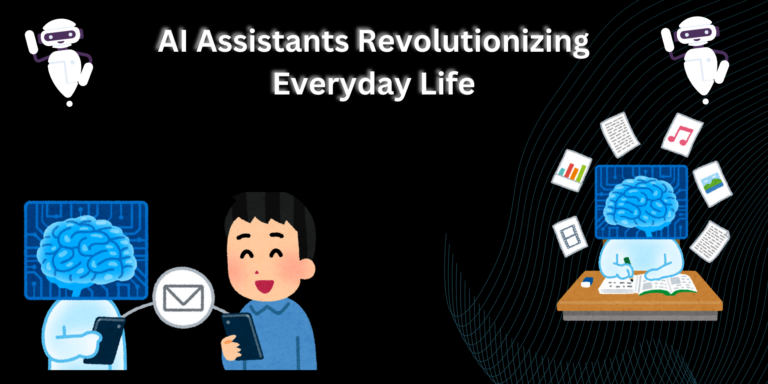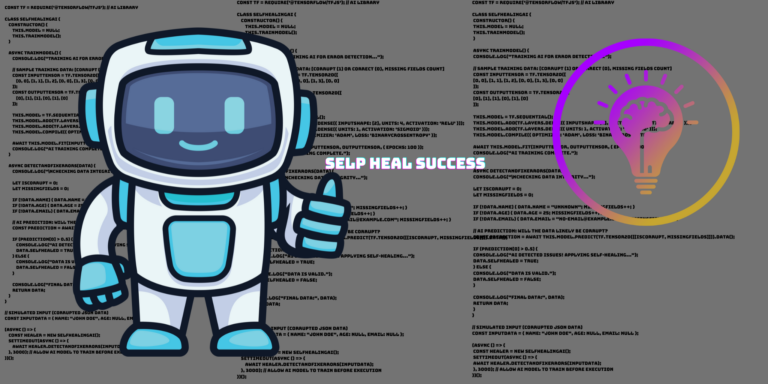Search engine optimization, or SEO, changes are made regularly because search engines update their systems to improve user experiences. In 2025, huge changes to websites will require new ways to improve their visibility on search engines. Here is an easy look at these key SEO changes, what they mean, and practical advice to stay competitive.
1. Google’s Updates and Their Effects
Google’s search algorithm rules are updated on a regular basis to determine where pages appear in search results. This year, Google made some modifications. This focuses on providing high-quality material to its users, enhancing search results, and ensuring sources are credible. The major updates include:
a. Helpful Content Update
Google is increasingly focusing on websites with content that benefits users. This change directs them away from low-quality, AI-generated content and toward well-organized, intriguing articles.
b. EEAT (Experience, Expertise, Authority, Trustworthiness)
Google prefers information that demonstrates true expertise, authority, and reliability. Companies must develop high-quality content and hire reliable authors.
c. Core Web Vitals Enhancements
User experience is a primary priority. Google’s new guidelines prioritize website load speed, responsiveness, and visual stability. Sites that do not match these standards may lose rankings to higher-performing sites.
2. AI’s Impact on Search
Artificial intelligence (AI) changes how search engines understand and rank content. Google’s Search Generative Experience (SGE) with AI alters interactions with search results.
a. Zero-Click and AI-Driven Snippets
Google is now providing more direct responses, so users may not need to navigate through search results. Websites should optimize for highlighted snippets and offer structured, relevant material.
b. Search Intent and Natural Language Processing (NLP)
Improved NLP helps search engines better comprehend what users seek. Content should address issues in depth, rather than just using keywords.
3. Growth of Voice Search
Many people use smart assistants like Google Assistant, Siri, and Alexa, changing SEO tactics.
a. Long-Tail and Question Keywords
Voice searches are usually conversational. Websites should use natural language and provide clear answers to common questions.
b. Local SEO and Voice
Most voice searches look for local information, such as “best coffee shop nearby.” Businesses should update their Google profiles to ensure that their information is consistent online.
4. Importance of Video and Visual Search
Google prioritizes such things as videos and images, which are increasingly crucial for search rankings.
a. Video SEO
YouTube and Google Video Carousels present key ranking opportunities. For video SEO:
-
-
- Use clear titles and tags.
- Add subtitles and transcripts.
- Experiment with YouTube Shorts for engaging, quick videos.
-
b. Image Optimization for Google Lens
Google Lens and image search features are evolving. Using well-described alt tags, structured data, and high-quality images can boost visibility.
5. Mobile-First Indexing and User Experience
Google now works mainly on the mobile version of websites for its page rankings. Low mobile usability can affect rankings.
a. Mobile Usability
- Error-free responsive design.
- Reduce page loading times.
- Use easy navigation and readability.
b. User Experience Indicators
Google uses user interaction with pages, like bounce rate and time spent on pages, to determine content quality. Websites should focus on intuitive design and interaction to engage users fully.
6. Link Building Strategies: Quantity vs. Quality
Link building has shifted focus. Now, it’s all about having important and relevant links rather than just having a lot of them.
a. Authority and Relevance Matter More Now
Google’s new rules mean low-quality links don’t help anymore. It’s crucial to build strong, topic-related backlinks through methods like guest writing, public relations, and partnerships.
b. Value of Brand Mentions Without Links
Even if your brand gets mentioned without a link, it still boosts SEO. Engaging in brand-building and online PR activities enhances your credibility.
7. Growing Importance of Schema Markup and Structured Data
Search engines increasingly rely on structured data to better understand content.
a. Using Schema Markup for Better Visibility
Schema markup helps search engines show rich results, such as FAQs, reviews, and product info. Using structured data can help companies get more clicks.
b. FAQ and How-To Schema for Better Search Results
Websites using FAQ and How-To schema can display in rich snippets, leading to more views and engagement.
8. Social Media and Its Indirect SEO Benefits
Social media indirectly helps increase traffic and brand awareness.
a. Boosting Traffic via Engagement
Effective content on social media can create natural backlinks, enhancing brand authority.
b. Impact of Short Videos on SEO
TikTok, Instagram Reels, and YouTube Shorts help to gain traffic. Reusing such video content helps to increase brand presence in search results.
9. Ethical SEO and Sustainability
Google supports ethical SEO and penalizes sites that use poor practices.
a. Avoiding Unethical SEO Methods
Practices like keyword stuffing, content cloaking, and manipulative linking get penalized. Reliable SEO strategies lead to long-term success.
b. Responsible Use of AI Content
Though AI-generated content is useful, Google values human-written, well-researched content based on experience.
10. The Future of SEO: Important Points for 2025
- Work on creating high-quality, human-readable content, not just mass-produced AI content.
- Use structured data to optimize for AI-driven search and featured snippets.
- Give priority to voice search and conversational queries for better discoverability.
- Strengthen video and visual search strategies to capture new traffic.
- Enhance mobile user experience and UX signals for sustainable rankings.
- Develop a quality-focused link-building strategy to enhance domain authority.
- Utilize schema markup and structured data for better search visibility.
- Employ social media to grow brand awareness and drive traffic through word-of-mouth.
- Commit to ethical SEO strategies for long-term success.
SEO in 2025 focuses on user experience, adopting AI, and producing valuable content. Keep adopting these changes and regularly updating strategies with the evolution of search engines.













